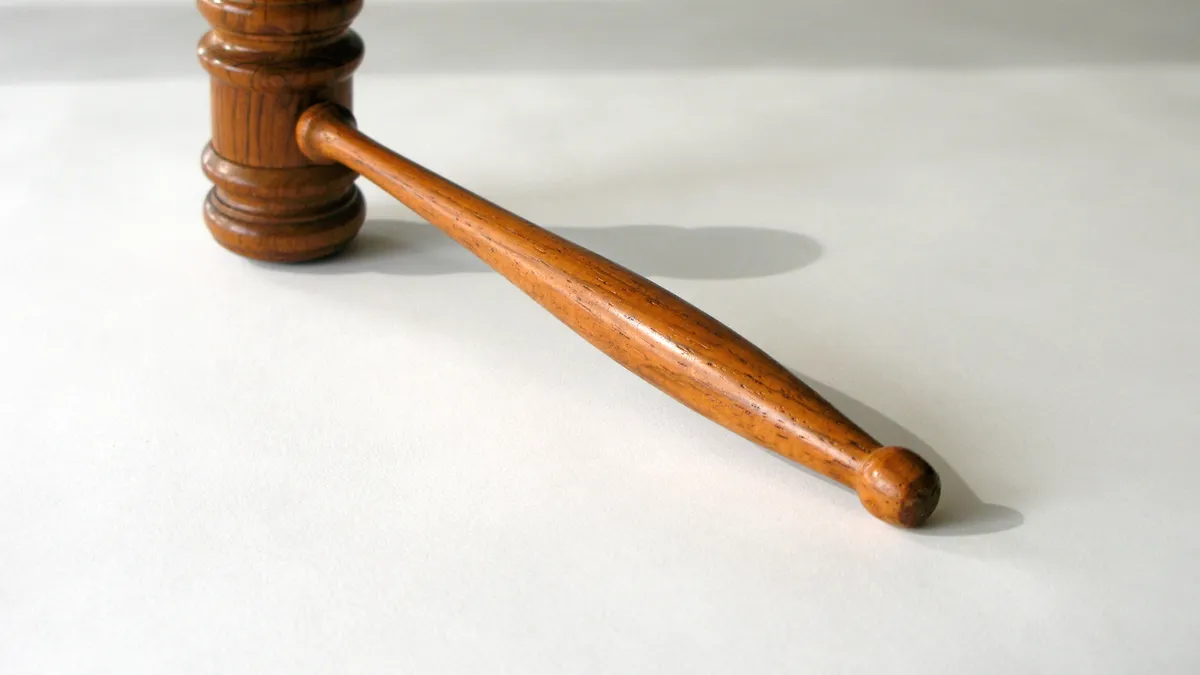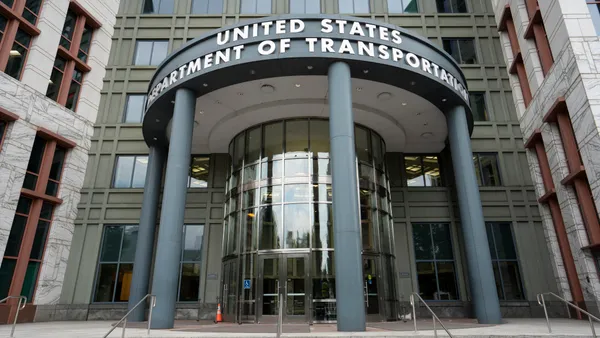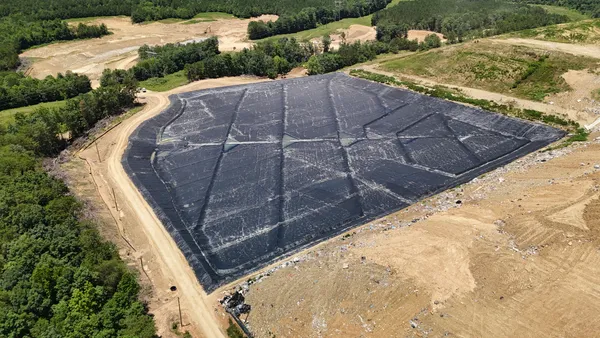Dive Brief:
- The Wheelabrator trash-to-energy plant in Bridgeport, CT may be awarded $60 million in a lawsuit against the city pending the outcome of a trial.
- Wheelabrator claims the city charged the plant excessive property taxes to balance its books, as reported in the CT Post. The city determined exactly how much was needed to resolve its ailing budget and then came up with a "grossly inflated valuation that the city simply fabricated," according to a legal brief. The plant’s worth was appraised at less than half of what the city valued it at according to independent assessors.
- While a lower court ruled that the burden was on the company to prove the assessment was wrong, the Supreme Court has since ruled in Wheelabrator’s favor, stating the initial assessment was too high, and ordering the pending trial to determine what the plant should have initially been valued at and to examine the facts to decide how much the city may owe, which will likely include interest. The company said they have been overpaying for nearly a decade, since the property tax was affixed.
Dive Insight:
When the plant, which has had a presence in Connecticut for some time, was first required to pay property taxes to Bridgeport nearly a decade ago, the city estimated those taxes would be about $6.5 million based on the site’s original assessed worth of $200 million. But the official assessment came in at more than double the original figure, meaning the company faced $13 million in taxes.
"The city’s $450 million valuation is more than five to 10 times the assessed value of Connecticut’s five other waste-to-energy plants. It is five times the city’s assessment of the Bridgeport PSE&G power plant, which is less than two miles away from the facility and produces nearly eight times more electricity," the company stated in a legal brief.
The city countered that it’s not easy to make comparisons. "These properties are very difficult to fairly value," said Russell Liskov, associate city attorney, to CT Post.
Further, the city’s lawyers argued, "Until all assessments are determined and the tax rate is established, property taxes … cannot be projected," as reported in CT Post.
Both parties are open to considering a settlement. "Wheelabrator would like to work cooperatively with the city to reach an equitable and prompt resolution to this seven-year-old case, during which time our company has and continues to overpay tens of millions of dollars in unfounded taxes to the city," the company said.
The case will receive closer review in a pretrial conference slated for April 20.












